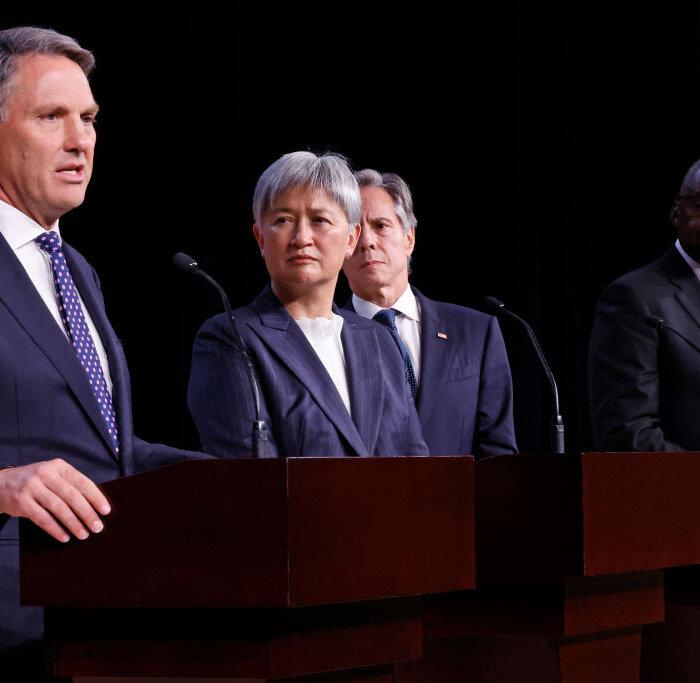Anti-strike legislation introduced last year to maintain “minimum safety levels” in key services during industrial action, is to be repealed by the government.
The Strikes (Minimum Service Levels) Act came into force in July 2023 after the Conservative government pushed it through Parliament but Labour, which had promised if it won the election it would repeal it, announced on Tuesday it would be scrapped.
Industrial action in the NHS alone cost the taxpayer £1.7 billion last year. The then-Business Secretary Grant Shapps said last year, “There comes a time when we can’t let this continue and that is why we need minimum safety and service levels—to keep livelihoods and lives safe, and it’s frankly irresponsible, even surprising, for the opposition opposite to suggest otherwise.”
Under the legislation, minimum safety levels were set for fire, ambulance, and rail services and the government was due to consult on the “adequate level of coverage” for these sectors.
For the other sectors covered in the bill, which include health services, education, nuclear decommissioning, other transport services, and border security, the government had said it would aim to reach voluntary agreements.
But it is understood the provisions of the legislation were never actually utilised by the government.
Rayner Calls it a ‘Pointless Law’
Deputy Prime Minister Angela Rayner said, “Attempting to clamp down on the fundamental freedom of working people has got us nowhere and this was targeted at sectors who dedicate their lives to serving us all.”
“That’s why we’re scrapping this pointless law and creating a new partnership between business, trade unions and working people through our New Deal,” she said.
“Repealing this legislation is the first part of our plan to reset industrial relations so they are fit for a modern economy,” added Rayner.
Mick Lynch, general secretary of the Rail, Maritime and Transport union, said, “We welcome this move as an opportunity to reset industrial relations in Britain and to move to a position of negotiating just settlements to disputes rather than having trade unions attacked and demonised.”
“This success of ensuring the repeal of minimum service legislation is a direct result of the concerted efforts by the trade union movement, and we will continue to champion the interests of railway staff, seafarers and offshore workers,” he added.
Rayner and Business Secretary Jonathan Reynolds have written to several government departments and the Welsh and Scottish governments, giving a “clear message” that legislation will be repealed as soon as parliamentary time allows.
Reynolds: ‘We Will Reset Industrial Relations’
Reynolds said: “By removing minimum service levels, we will reset industrial relations, so they are based on good faith negotiation and bargaining, ending the chaos and restoring trust in public services. This is about restoring politics as public service, ensuring government acts to fix problems not cause them,” he added.At the time the legislation was passed the Conservative government of Rishi Sunak had a majority of 76. Sir Keir Starmer’s government currently has a majority of 167.
When the bill was passed, the government said it would “always protect the ability to strike,” but it said it also had a duty to the public to “ensure their safety, protect their access to vital public services, and help them go about their daily lives.”
But Unison General Secretary Christina McAnea said: “This was a terrible law. It’s great the government is ditching it so early on. Good riddance to a bad law.”
“This legislation should have never reached the statute book. No one wanted minimum service levels, only a spiteful government watching power drain away and desperate to shore up its rapidly disappearing support,” she added.







